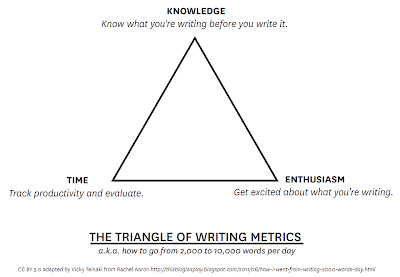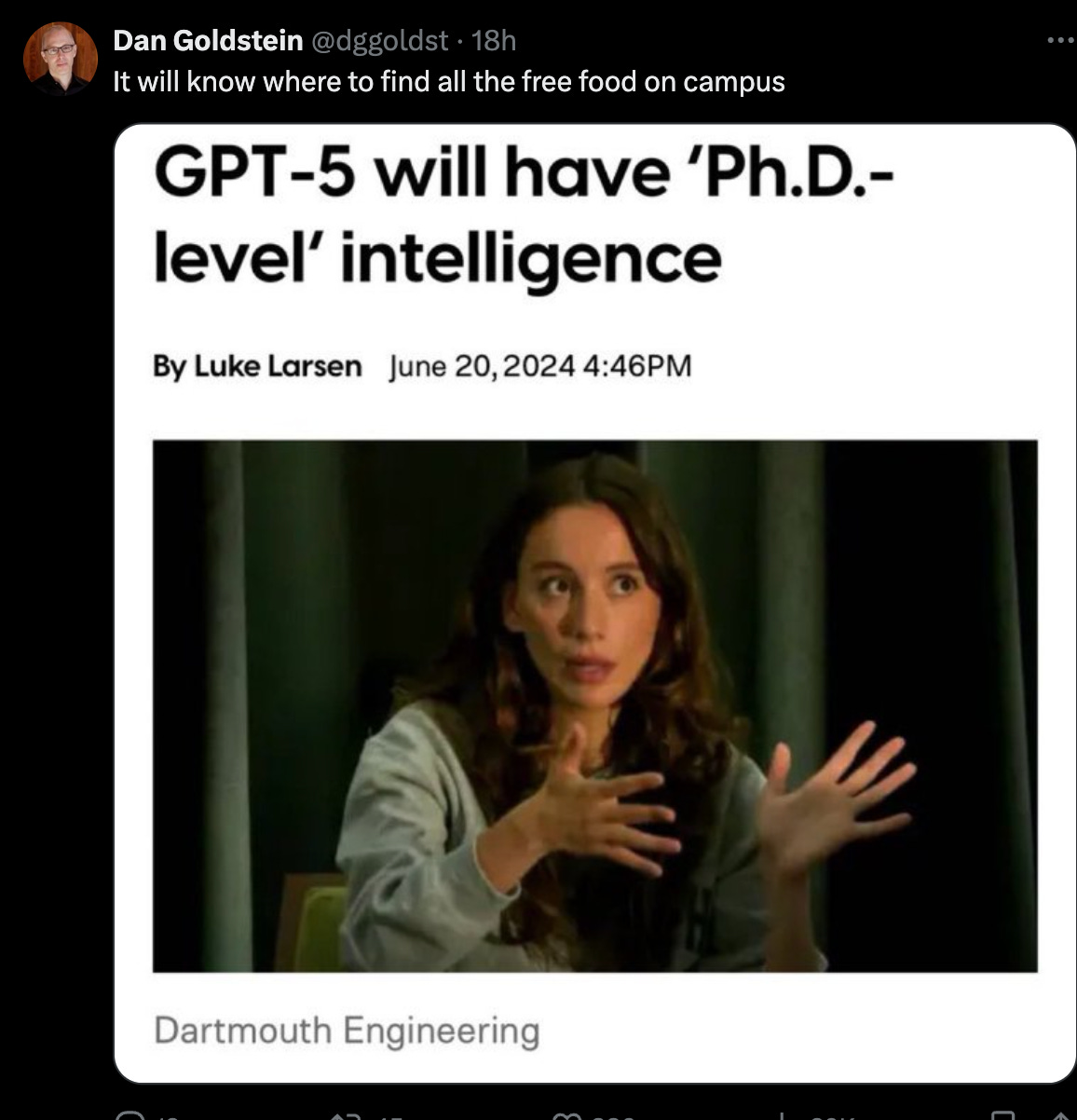the quantum hype debunked, limits of data & eu/acc
CC#81 - How to Write More, Things LLMs Can't Do & T. Swift Taking Over the World
Hey there and welcome to ✨ CuratedCuriosity - a bi-weekly newsletter delivering inspiration from all over the internet to the notoriously curious.
Things I Enjoyed Reading.
📊 The Limits of Data
As a data scientist, being bullish about the quantification of everything is almost part of my job. While I have always been aware that, of course there are limits, I found this thoughtful essay really helpful in developing a better ‘language’ to talk about and articulate thoughts around quantification/measurements/data/subjectivity/context etc.
So here is the first principle of data: collecting data involves a trade-off. We gain portability and aggregability at the price of context-sensitivity and nuance. What’s missing from data? Data is designed to be usable and comprehensible by very different people from very different contexts and backgrounds. So data collection procedures tend to filter out highly context-based understanding. Much here depends on who’s permitted to input the data and who the data is intended for. Data made by and for specialists in forensic medicine, let’s say, can rely on a shared technical background, if not specific details of working in a particular place or a particular community.
🖥️ Separating Quantum Computing Hype from Reality (with Scott Aaronson) [🎧]
Quantum computing has become a real buzz word over the last few years. This podcast does a really great job in (1) explaining the basic concepts on a high level and (2) reviewing the status quo of quantum computing research and uncertainty around future developments.
What exactly is quantum computing? How much should we worry about the possibility that quantum computing will break existing cryptography tools? When will a quantum computer with enough horsepower to crack RSA likely appear? On what kinds of tasks will quantum computers likely perform better than classical computers? How legitimate are companies that are currently selling quantum computing solutions? How can scientists help to fight misinformation and misunderstandings about quantum computing? To what extent should the state of the art be exaggerated with the aim of getting people excited about the possibilities the technology might afford and encouraging them to invest in research or begin a career in the field? Is now a good time to go into the field (especially compared to other similar options, like going into the booming AI field)?
Scott Aaronson is Schlumberger Chair of Computer Science at the University of Texas at Austin and founding director of its Quantum Information Center, currently on leave at OpenAI to work on theoretical foundations of AI safety.
Some interesting thoughts on the limits of LLMs, why the arise and why its so challenging to overcome them.
This one is surprising. LLMs can’t do wordle. Or sudoku, or wordgrids, the simplest form of crosswords. This obviously is weird, since these aren’t hard problems. Any first grader can make a pass at it, but even the best LLMs fail at doing them.
The first assumption would be lack of training data. But would that be the case here? Surely not, since the rules are definitely there in the data. It’s not that Wordle is somehow inevitably missing from the training datasets for current LLMs.
Another assumption is that it’s because of tokenisation issues. But that can’t be true either. Even when you give it room for iteration by providing it multiple chances and giving it the previous answer with, it still has difficulty thinking through to a correct solution. Give it spaces in between letters, still no luck.
Food for Thought.
🎙️ What kind of world do we live in that a single celebrity can influence central bank policy?

🗳️ Should more countries adopt proportional election systems?

🇪🇺 Europe is falling behind when it comes to tech (and more specifically AI) development - what are potential reasons and what can we do to change this?
Random Stuff.
✍🏻 Although I am usually quite skeptical about any kind of blogpost starting with “How I did X…”, I found the personal learnings/advice on how to scale up writing, contained in “How I Went From Writing 2,000 Words a Day to 10,000 Words a Day”. Definitely will test these if I ever find myself in a situation where I want to write a lot.

😃 Where are people most happy? (based on the world happiness report 2019)
🌯 After living the U.S. graduate student life for four months, I can confirm that this tweet very much hits the nail on the head.

Personal Update.
Successfully made it back to Europe. Spent two weeks at the IT:U Linz to work on an arts/tech project around the quantified self (more to come soon) and play around with some fun robots.
Now back in CPH for a solid three weeks. Keeping my fingers crossed that summer will arrive before I leave.
Other than that not much to share. Currently trying to push some paper projects over the finish line before summer holidays & more travelling.





